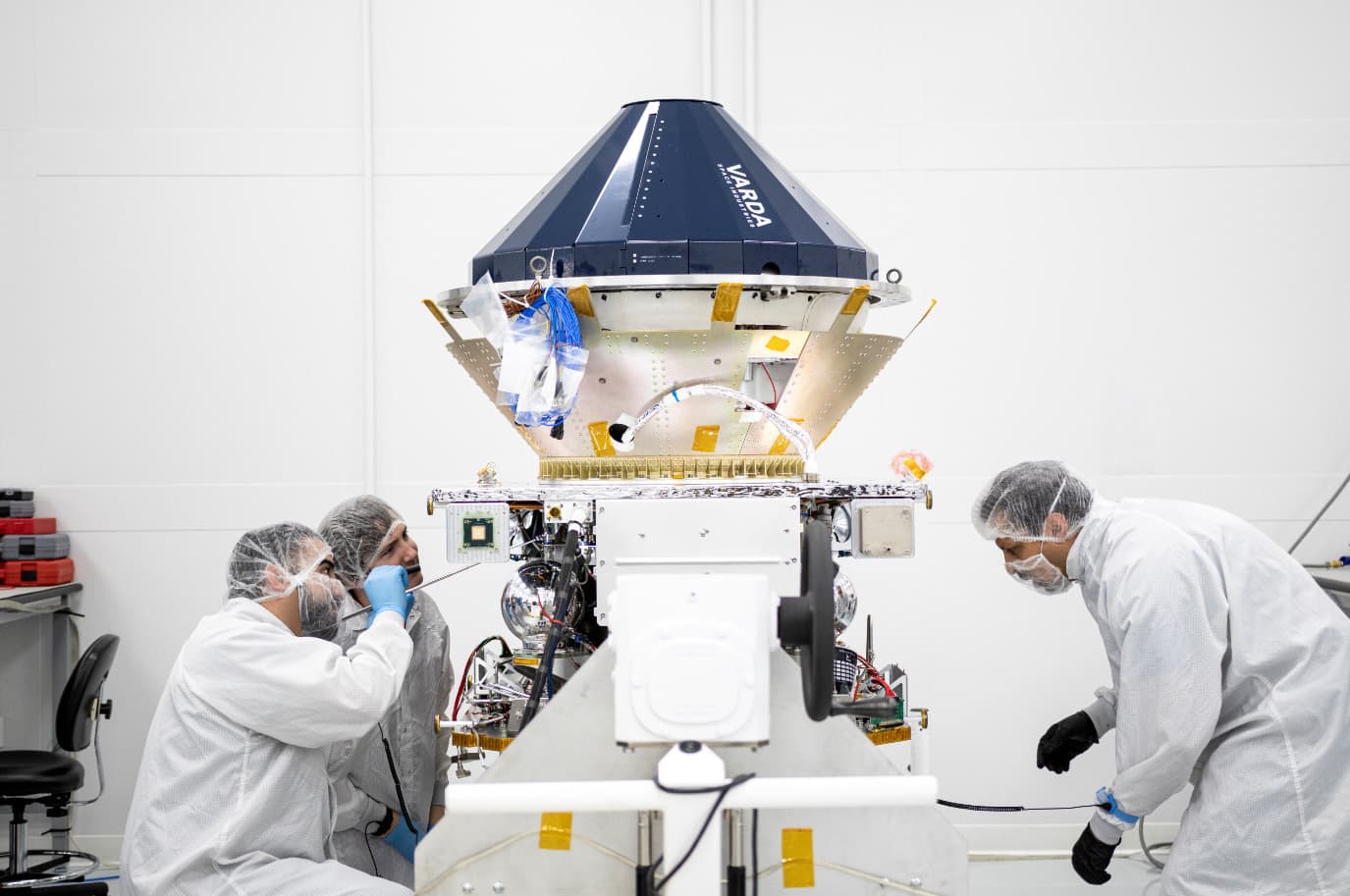A view of Rocket Lab’s HASTE suborbital launch vehicle.
Rocket Lab
Rocket Lab shares jumped in post-market trading after the company reported third-quarter results and announced its first customer for its coming Neutron vehicle.
The space infrastructure company reported third-quarter revenue increased to $104.8 million, up 55% from $67.6 million for the same period a year ago, and above Wall Street’s expectation of $102 million, according to analysts surveyed by LSEG.
Its net loss also increased year over year, to $51.9 million from $40.6 million, but its loss of 10 cents per share came in slightly below analyst expectations of a loss of 11 cents a share.
Rocket Lab forecast fourth-quarter revenue between $125 million and $135 million, which at the midpoint would see the company bring in about $430 million this year.
Additionally, the company announced its first launch deal for its Neutron rocket.
A “confidential commercial satellite constellation operator” signed for two missions in mid-2026, which Rocket Lab said were at a price “consistent with our target” for the vehicle. Previously, the company said it was targeting a price point of about $50 million per Neutron launch.
Shares of Rocket Lab jumped as much as 25% in after-hours trading, up from its close at $14.66 a share. The stock has been flying up the past three months, nearly tripling over that period.
The bulk of Rocket Lab’s Q3 revenue growth came from its Space Systems unit, which builds spacecraft and sells satellite parts. The business brought in $83.9 million of the quarter’s revenue, up from $46.3 million a year ago, while its Launch unit brought in $21 million, roughly in line wit- $21.3 million a year prior.
But the company’s small Electron vehicle, which sells for about $8.5 million per mission, has become the world’s third-most-frequently launched orbital rocket. It’s launched a company record 12 missions so far this year. And Rocket Lab added $55 million worth of new launch contracts to Electron’s backlog in Q3.
Development of Neutron — as well as the Archimedes engines that power it — remains a key watch item for investors, with heavy research and development spending driving most of Rocket Lab’s quarterly losses.
Neutron is seen as crucial for Rocket Lab to tap larger markets, including a broader swath of U.S. national security launches. The company continues to expect Neutron to debut in mid-2025 and has outlined a variety of milestones in the rocket’s path to launch — including assembly and testing of flight hardware, firing “multiple” Archimedes engines and continuing on work underway on the launchpad infrastructure in Virginia.









